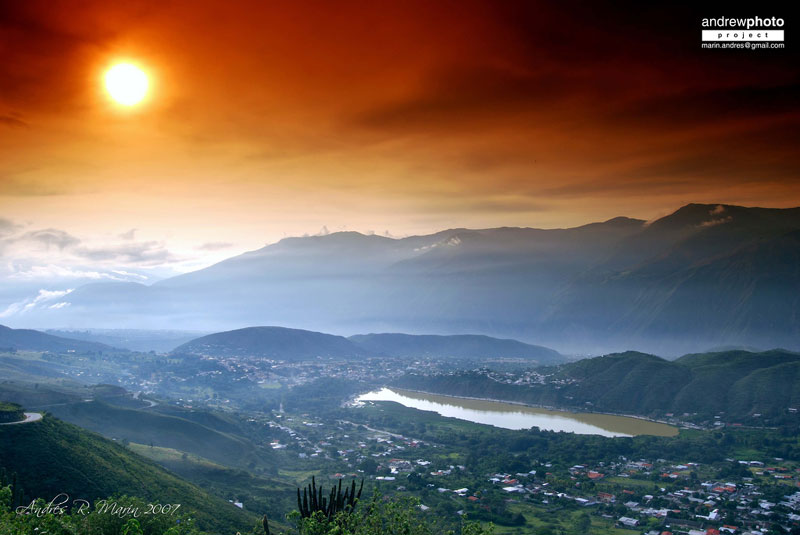Lagunillas de Mérida in Venezuela, started as a village blessed by agriculture, raising animals and ended up becoming a great desert, difficult to survive.

Source: Google images
The history of this region can be traced back to the 5th century BC, with well-organized indigenous people who knew techniques of growing corn, yucca, bananas, potatoes and a great variety of vegetables and medicinal plants. Also, a great variety of domestic animals, for work and for human consumption, such as donkeys, horses, mares, oxen, cows, goats, sheep, pigs, chickens and hens, among others. Additionally, they knew cultivation techniques, irrigation and water storage in wells, ponds, among others.
Lagunillas, because it is a xerophilic region by nature, does not have natural water sources, except the Urao lagoon. Therefore, it depended on external water sources of private property, which, it was stored and sold to the settlers as a source of irrigation for the plantations. Weekly to each smallholder corresponded an hour of water, that they had been bought the rights of use. Over the years these water sources were depleted or changed by other needs of their owners. The governments of the last 50 years, were making promises that water would be brought to Lagunillas from another region and that the problem would be resolved in a definitive manner.
Until now, the problem has not been solved and little by little, the town has only remained as a residential area for people who work in Mérida, the capital (20 minutes by land transport). Nowadays, the town has about 50,000 inhabitants.
The village has an informal economy selling souvenirs, pastries, typical foods, as well as the sale of regional crafts. Almost all this economic activity takes place around the Urao lagoon. Unfortunately, this lagoon is in the process of extinction, since water is being used for other uses and the natural sources of water supply to the lagoon have been blocked by the construction of housing in its surroundings.
Finally, talking about this topic is melancholy because I lived most of my childhood in this place, where I had to accompany my dad in all the work of cultivation, especially those related to irrigation smallholding. Undoubtedly, I enjoyed a world, so I did not need toys to feel happy.
I hope you liked this post and vote for it. Have a happy day for all the members of this STEEMIT family.